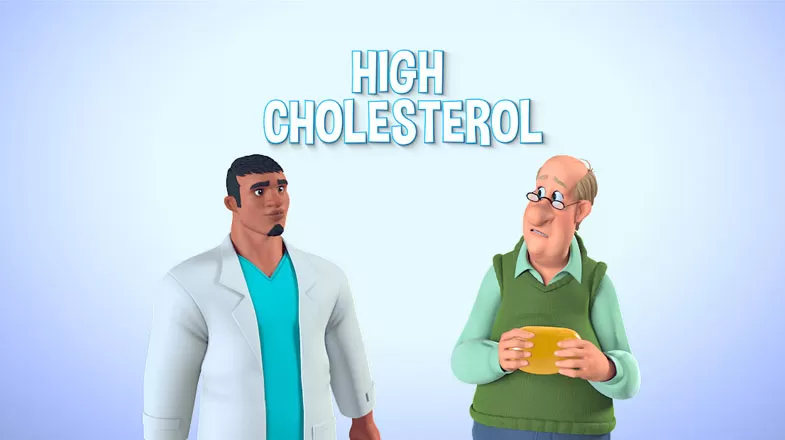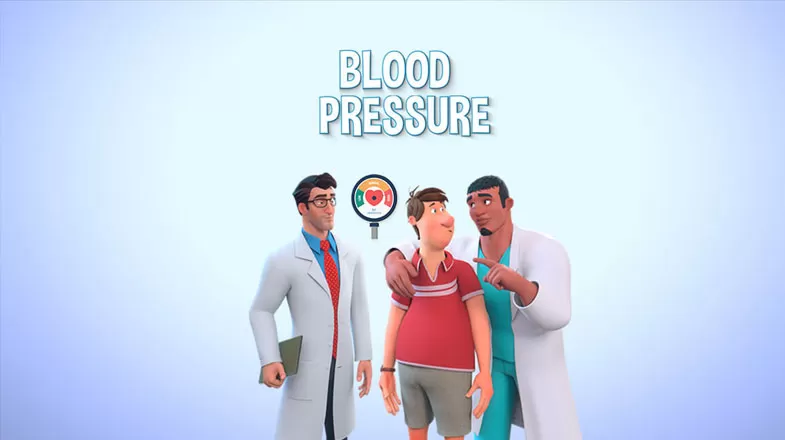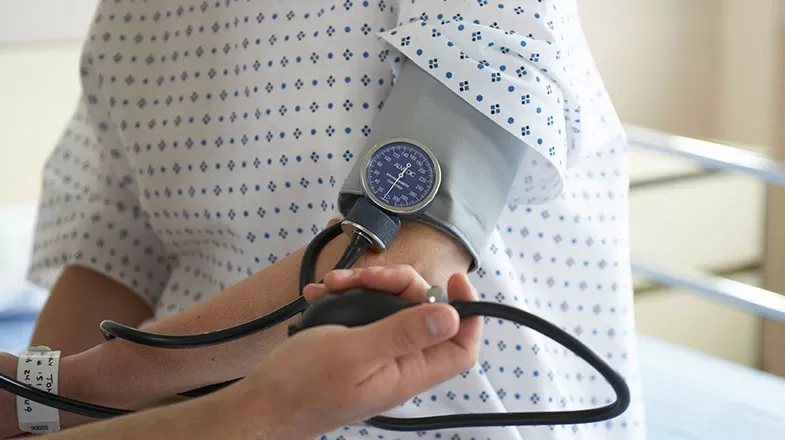Hypertension Articles
Featured Articles
Read our latest stories on the people and scientific innovations making a difference in patients’ lives.

Science & Innovation
How to Manage High Blood Pressure (With the Help of a Few Giraffes)
People have long adored giraffes for their friendly faces, their tall and somewhat strange stature and, of course, those impossibly long necks. Now, researchers believe that giraffes may also offer physiological insights into certain health conditions. With a neck that can be longer than six feet, giraffes seemingly should struggle with the consequences of high blood pressure, also known as hypertension, because of their blood's substantial uphill climb from the heart to the brain. But they...

Getting the Facts About Some Common Pregnancy Complications
Many mothers envision having an uneventful pregnancy with little to no symptoms and the delivery of a healthy, full-term baby. Thankfully, most pregnancies and deliveries go on without a hitch. However, for some expectant mothers, health problems do occur. The good news is that only 8% of pregnancies involve complications. These complications can involve the mother, baby or both. Even women who were healthy prior to getting pregnant can have complications. Though not all complications can be...

High Cholesterol
FAST FACTS Cholesterol is a soft, wax-like substance that is manufactured by your body, but can be absorbed from foods like meat, poultry, and full-fat dairy Cholesterol circulates in the blood, and as the levels of cholesterol in your blood rise, so does your chance of getting heart disease or having a stroke Raised cholesterol is estimated to cause 2.6 million deaths yearly To confirm if you have high blood cholesterol, your doctor may ask you to undergo a blood test Certain factors can...

Blood Pressure
FAST FACTS High blood pressure is a serious medical condition which occurs when the force of the blood pumping through blood vessels is very strong High blood pressure can be caused by different risk factors such as age, family history, and unhealthy lifestyle habits Long-term high blood pressure can increase the likelihood of cardiovascular disease and organ damage Making simple lifestyle changes such as doing regular exercise, incorporating healthy diet, changing unhealthy habits and...

Latest Guidelines on Blood Pressure for Optimal Health
High blood pressure is sometimes called a “silent killer.” It often has no symptoms, which means many people don’t even know they have it. That’s why a healthcare provider often checks your blood pressure at medical appointments. Having high blood pressure can be dangerous as it increases your risk for heart attack, stroke, and other serious conditions.If you have high blood pressure (called hypertension), you may be familiar with the numbers 140/90. The top number—140—is called systolic and the...

How to Monitor Your Blood Pressure
High blood pressure—sometimes called a “silent killer”—often has no warning signs or symptoms, which means many people may not even know they have it. And this can be dangerous because having untreated high blood pressure may increase a person’s risk for stroke and heart disease—two of the leading causes of death in the US. That’s why regular blood pressure screenings are so important. Checking blood pressure If your blood pressure is normal, you should get it checked every 2 years starting...
Media Resources & Contact Information
Anyone may view our press releases, press statements, and press kits. However, to ensure that customers, investors, and others receive the appropriate attention, Pfizer Media Contacts may only respond to calls and emails from professional journalists.
